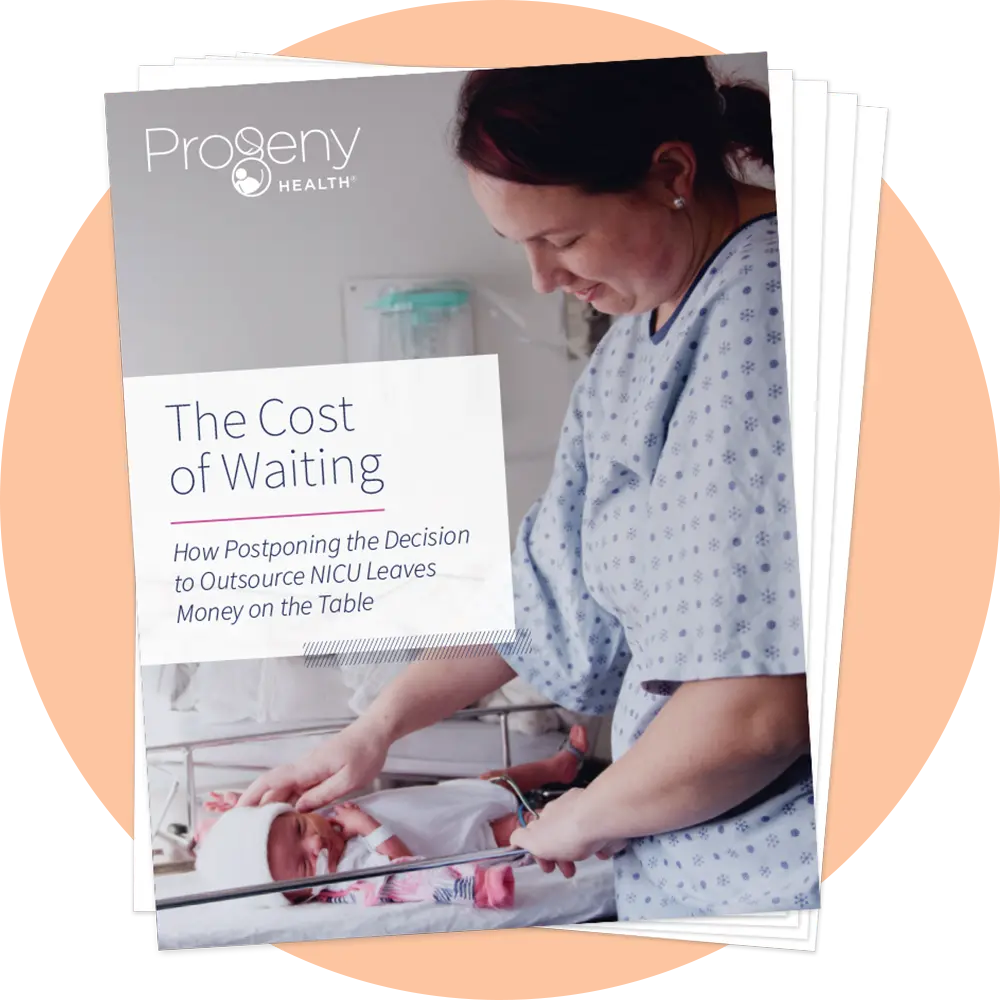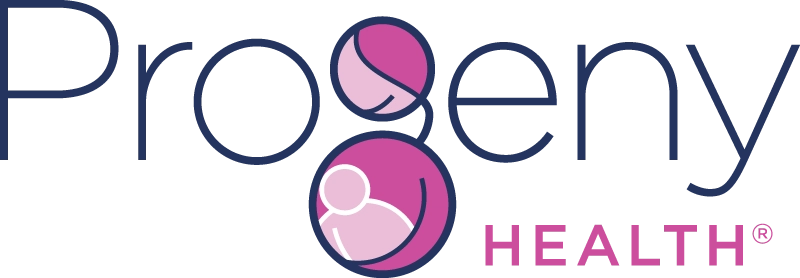 Filed Under: Health Economics
Filed Under: Health EconomicsPaying Dividends

Talk to a healthcare executive about cost containment, and they will admit – we’ve exhausted the low-hanging fruit. We’ve made significant advances in health behaviors, cut out waste, achieved better coordination among physicians and facilities, and have begun to reap savings from value-based arrangements.
Once you’ve eaten the fruit and seen the results, what’s next? You need specialists who can analyze savings opportunities from niche areas of healthcare like NICU.
NICU as an Untapped Source of Savings
NICU claims make up a relatively small percentage of a plan’s total claim volume but represent the top 1% of costs.
There will always be costs associated with birth, but health plans need a specialist to review a high-cost claimant report to uncover the costs related to NICU. They can identify a NICU trend in the top ten claims. They can also identify specific cases that could recoup 10% to 14% of that cost if managed differently. These savings require analyzing NICU events to understand where routine approvals are costing big money.
Leveraging Innovations to Curb Costs
Payers deciding which programs are best handled by dedicated specialists must weigh a range of factors in their decision, including the costs, time, talent, management, oversight, and other resources needed to build an in-house solution.
High-volume specialties like radiology, oncology, or post-acute care offer a strong case for building in-house management capabilities. In comparison, NICU claims make up a relatively small percentage of a plan’s total claim volume but represent the top 1% of costs. Additionally, NICU cases tend to be very complex, making NICU Utilization Management (UM) and Case Management(CM) critical to improving outcomes and reducing costs.
Because of the complexity and specialized nature of NICU cases, these cases cannot be handled efficiently by existing UM and CM programs. They require high-touch care management solutions, data intelligence, and clinical best practices to improve health outcomes and reduce the cost of care.
Cost Savings with NICU Care Management

ProgenyHealth’s NICU Care Management Program is powered by predictive analytics and our industry-leading BabyTrax® intelligent platform. Our solution consistently lowers NICU spend from 12 to 16 percent and delivers greater than 2:1 ROI. Savings yield from six areas:
- Appropriate Diagnosis – Rather than paying for each aspirin and x-ray, Medicare and private insurers pay a predetermined amount based on the Diagnostic Related Group. DRGs are based on ICD-10 codes coupled with the average resources needed to treat a patient with that DRG. ProgenyHealth’s UM program ensures that the DRG correctly reflects clinical needs to optimize costs.
- Appropriate Level – NICU beds are billed at different levels: Codes 172, 173, and 174. The 174 days are the most intensive and costly. As a NICU baby clinically improves towards discharge, the days in the NICU unit should become less costly. Our evidence-based approach helps rebalance the billing level to less expensive days. We found 48 percent of customers’ NICU days billed at Level 4 – a clinically unnecessary level of usage, that we reduced to 9.7 percent.
- Length of Stay – The national average for NICU length of stay (ALOS) continues to rise and is now 21 days. ProgenyHealth reduces ALOS 12 to 16 percent for our clients.
- Reduced Readmissions – 70 percent of readmissions happen 30 days or more after discharge. Our approach reduces readmission rates in half.
- Reduced ER Visits – Close attention from our case managers can shift the site of care to ER alternatives when concerns arise.
- Member Satisfaction – ProgenyHealth’s member satisfaction rate is over 90 percent – satisfaction that translates to higher customer ratings and satisfaction scores.
The Time to Act is Now

The Cost of Delay (CoD) is a critical business metric used by major corporations. To calculate CoD, you estimate the value an initiative will deliver times the length of the delay. If outsourcing NICU Care Management could provide 12 percent savings on NICU costs of $10 million per year, and if you take two years to decide, your CoD is 12 percent of $10 million x 2 – or $2.4 million. With 2022 upon us, don’t leave these savings on the table.
Our team of data scientists and business analysts, and health economics specialists can analyze your NICU claims to determine cost-saving opportunities while achieving better outcomes. Even for health plans who already focus on NICU Care Management, we can find overlooked opportunities to decrease your medical spend.
Please get in touch to start this process. The cost of doing something – outsourcing to ProgenyHealth – always turns out to be a better decision than the cost of waiting.
- blog.progenyhealth.com/five-takeaways-national-virtual-summit






 Prev
Prev